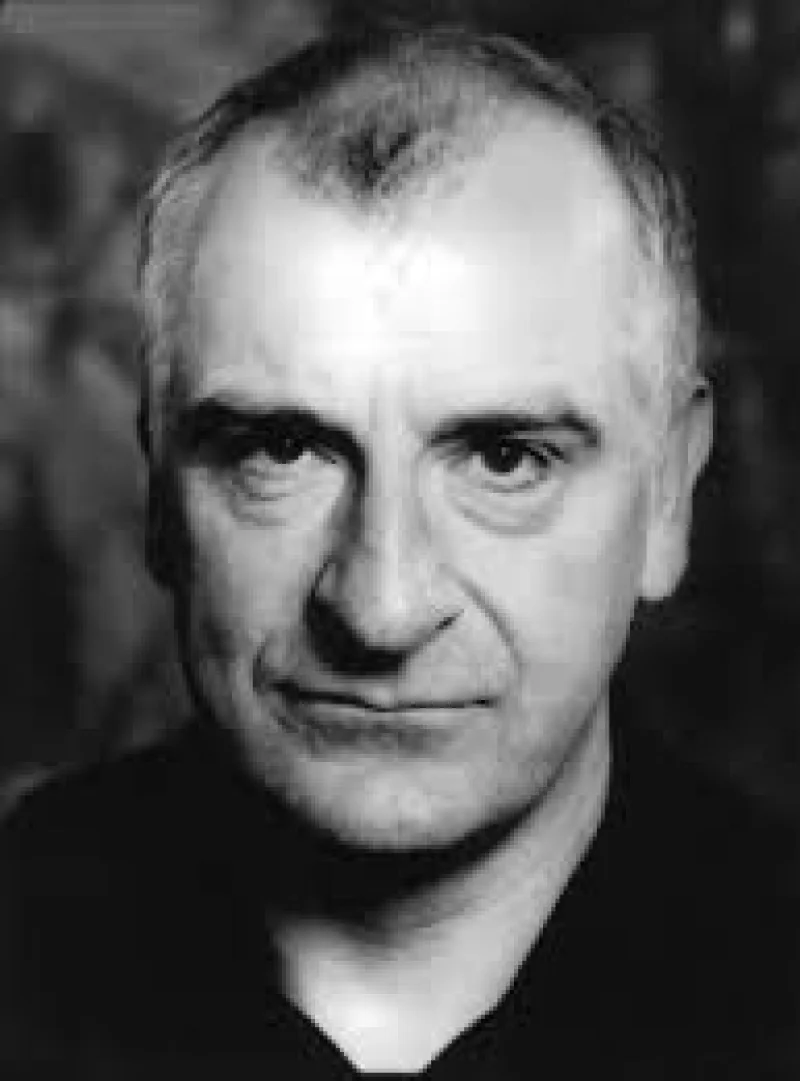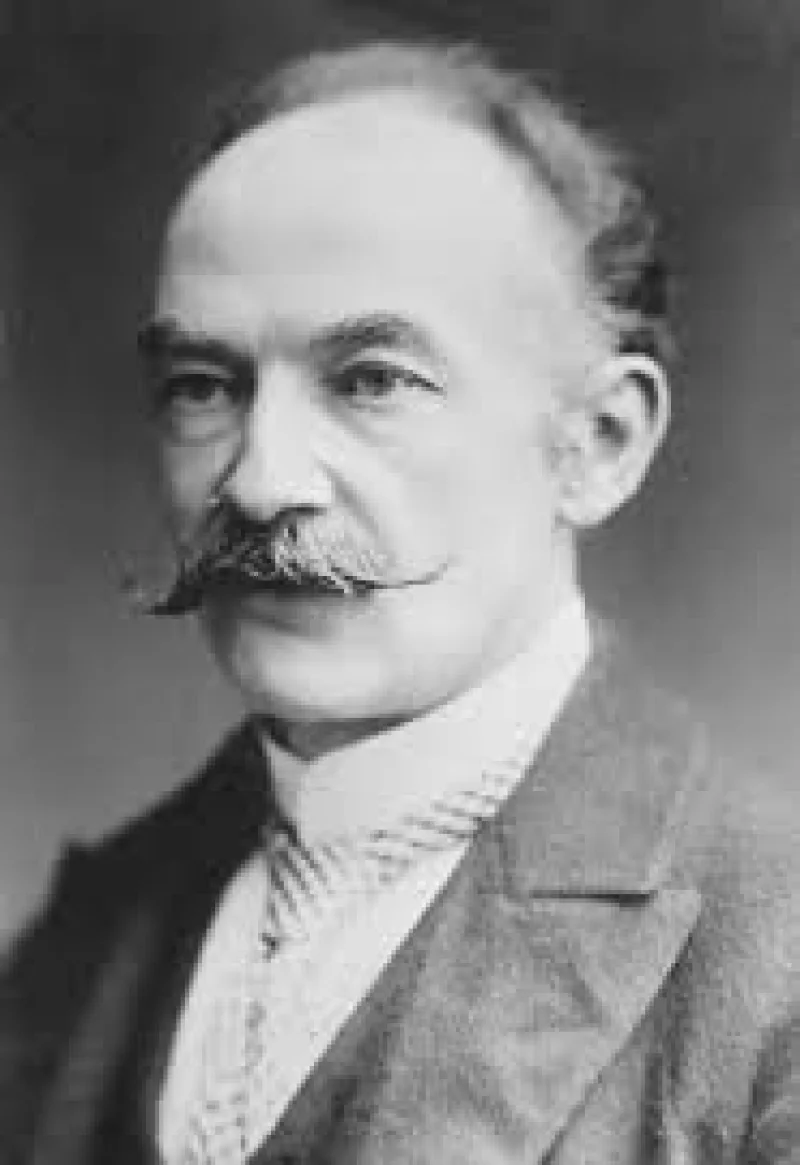Short Summary
Jorge Luis Borges was an Argentine writer and poet renowned for his profound contributions to literature, particularly in the realm of short stories, essays, and poetry. His work is celebrated for its complex themes such as labyrinths, infinity, and the nature of reality. Borges is best known for his collections "Ficciones" and "El Aleph," which have left an indelible mark on world literature, influencing writers and thinkers globally. His unique style and imaginative narratives have established him as a pivotal figure in 20th-century literature.
Early Life & Education
Born on August 24, 1899, in Buenos Aires, Argentina, Jorge Francisco Isidoro Luis Borges came from a family with a rich cultural heritage. His father, Jorge Guillermo Borges, was a lawyer and a psychology teacher with literary aspirations, while his mother, Leonor Acevedo Suárez, was a figure of strength in his life. Borges was raised in a bilingual environment, learning English before Spanish. His early education took place in Geneva, Switzerland, where his family relocated during World War I. Borges attended the Collège de Genève, and his exposure to diverse cultures and languages during these formative years greatly influenced his literary career.
Career Highlights
Borges began his literary career in the 1920s as a poet, publishing his first collection, "Fervor de Buenos Aires," in 1923. He quickly gained recognition for his unique voice and innovative style. In the 1940s, Borges shifted his focus to prose, producing some of his most acclaimed works. "Ficciones" (1944) and "El Aleph" (1949) are collections of short stories that explore complex philosophical ideas. Borges served as the director of the National Library of Argentina and was a professor of English literature at the University of Buenos Aires. Despite losing his sight in later years, he continued to write and lecture worldwide.
Major Achievements
- Received the Formentor Prize in 1961, which significantly boosted his international reputation.
- Appointed director of the National Library of Argentina in 1955, a position he held until 1973.
- Awarded the Miguel de Cervantes Prize in 1980, one of the most prestigious literary honors in the Spanish-speaking world.
- Published "Ficciones" and "El Aleph," which are considered masterpieces of 20th-century literature.
Famous Quotes
- "I have always imagined that Paradise will be a kind of library."
- "To fall in love is to create a religion that has a fallible god."
Interesting Facts
- Borges started reading Shakespeare in English at the age of twelve.
- He became completely blind by the age of 55, a condition that ran in his family.
- Despite his blindness, Borges continued to publish works by dictating them to his assistants.
- Borges was nominated for the Nobel Prize in Literature numerous times but never won.
Legacy / Influence
Borges' innovative narrative techniques and profound exploration of philosophical themes have significantly influenced contemporary literature. His work has inspired countless writers, including Italo Calvino, Gabriel García Márquez, and Umberto Eco. Borges' emphasis on the infinite possibilities of storytelling continues to resonate, making him a central figure in the study of modern literature. His legacy endures through his exploration of the boundaries of fiction and reality.
FAQ
Q: Why is Jorge Luis Borges famous?
A: Because of his significant contributions to literature, particularly in the realm of short stories and essays that explore complex philosophical themes.
Q: What are Borges' most famous works?
A: His most famous works include "Ficciones" and "El Aleph," both of which are highly regarded collections of short stories.
Q: Did Borges ever win the Nobel Prize in Literature?
A: No, despite being nominated several times, he never received the Nobel Prize in Literature.











